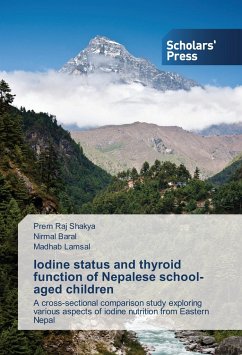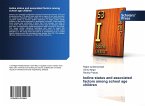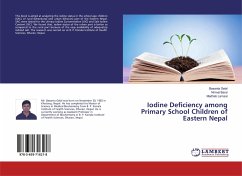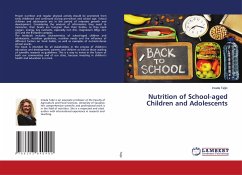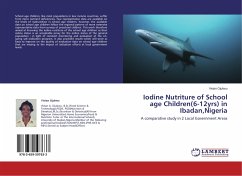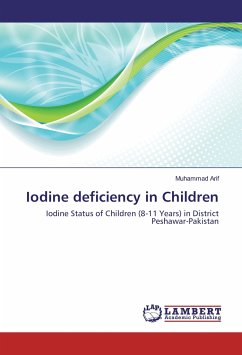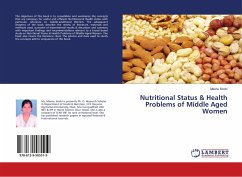Iodine deficiency is a major public health problem in many developing countries including Nepal. This study aims to determine the recent iodine and thyroid status in school children in the Tehrathum and Morang districts of Eastern Nepal by measuring UIE, serum Thyroglobulin, fT3, fT4, Thyroid stimulating hormone and salt iodine content. This study has also determined the relationships between these measures to help guide future studies to measure the incidence of IDD efficiently. A community-based cross sectional study was conducted in Tehrathum and Morang district, lying in the hill and plain region of eastern Nepal respectively. Our focused data suggests that collaborative universal salt iodization (USI) programs are improving the health of children in the Tehrathum and Morang districts of Nepal. The analysis of the findings throws light on this very important issue which must be dealt with utilitarian and rational approach to curtail this threat.
Bitte wählen Sie Ihr Anliegen aus.
Rechnungen
Retourenschein anfordern
Bestellstatus
Storno

